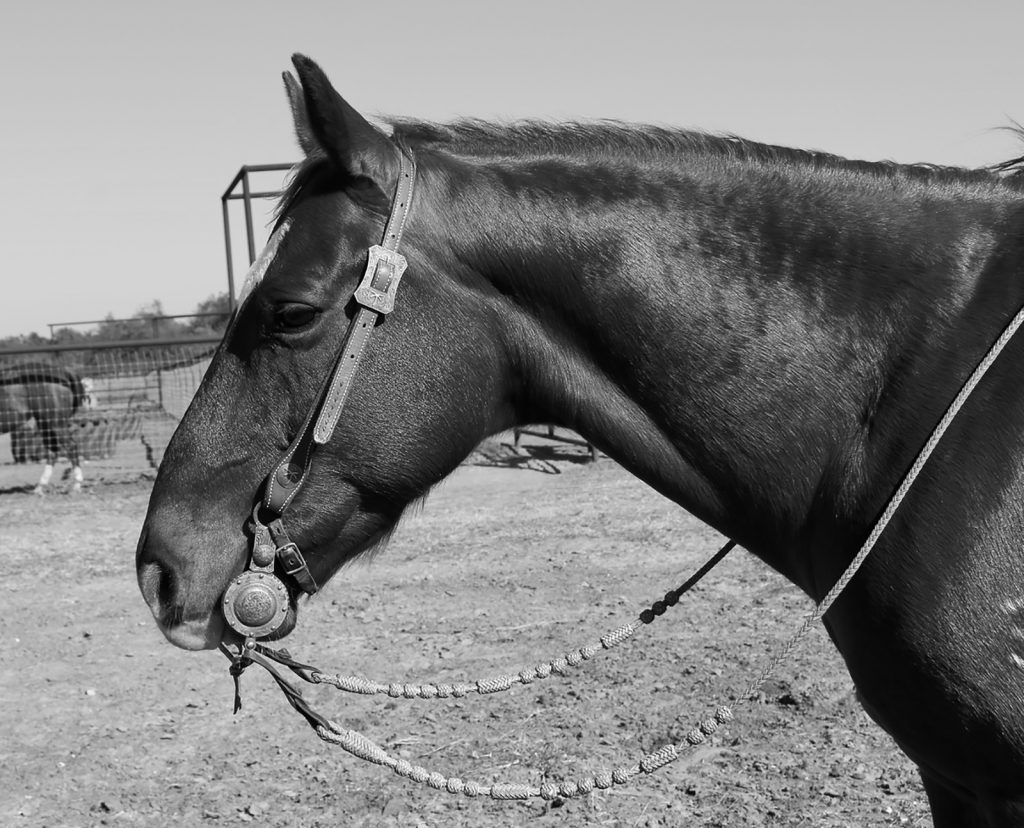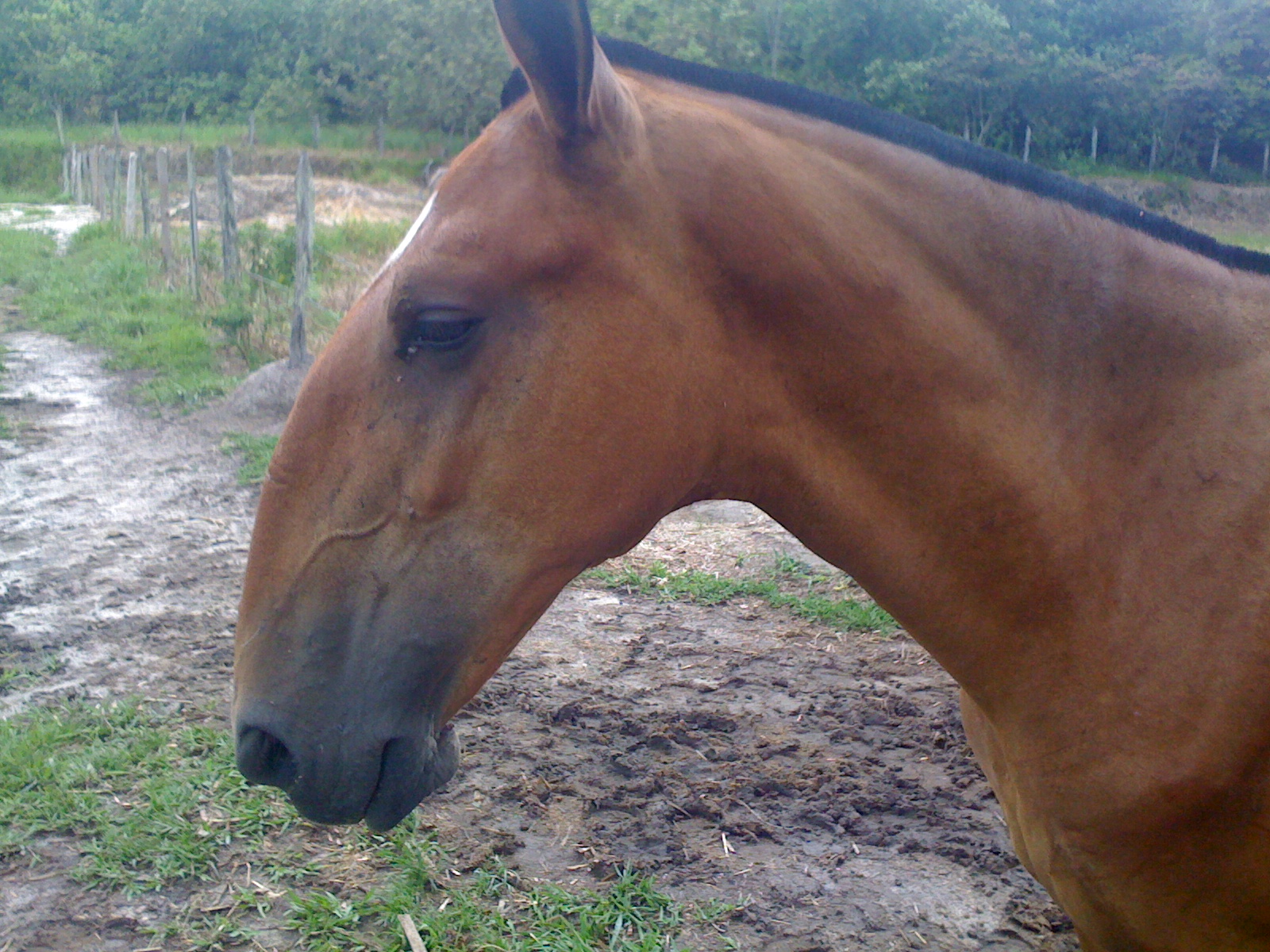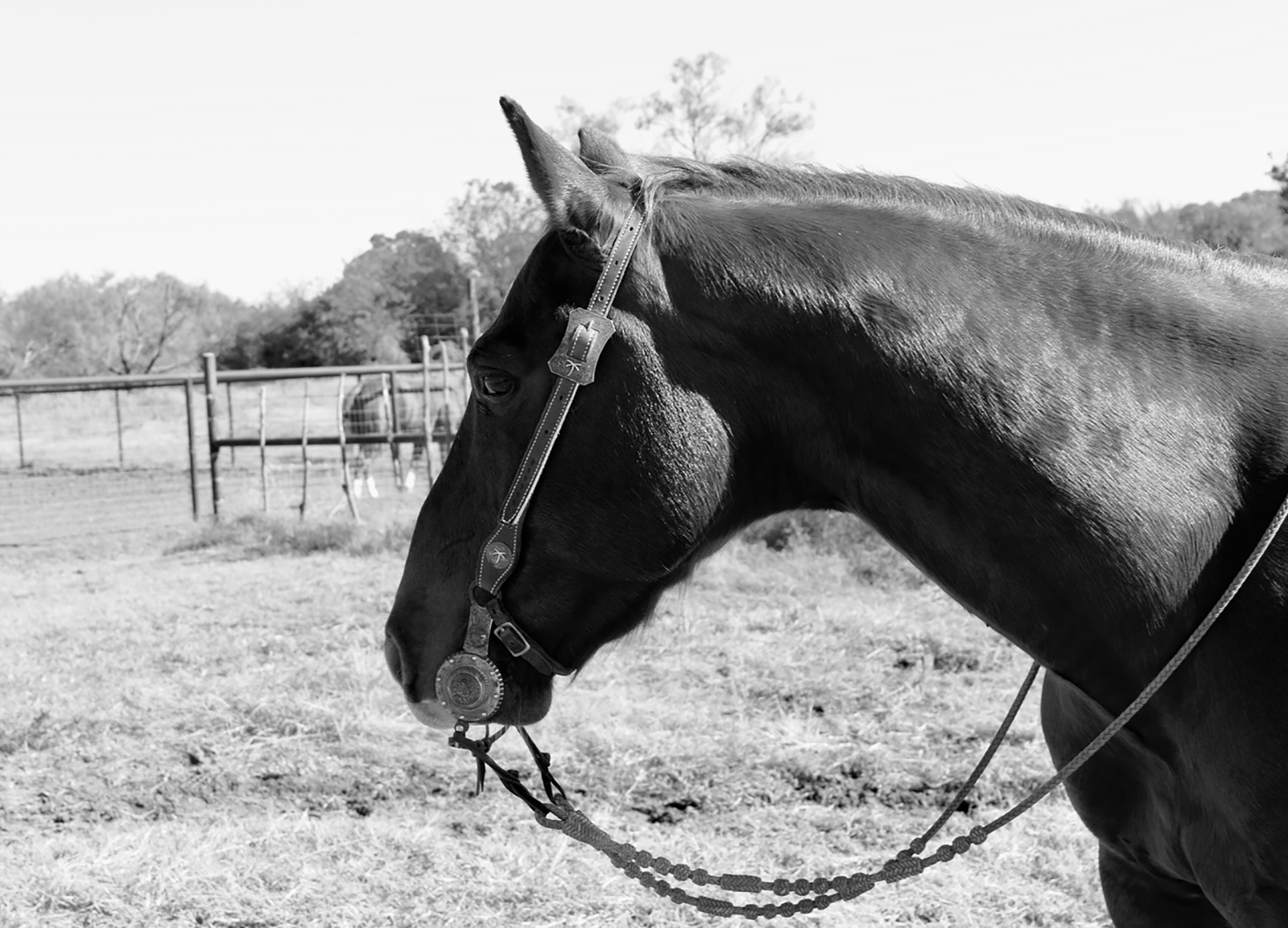
Raves for the RomanNosed Horse Western Horseman
A Roman nose on a horse is when there's a bump or a rise somewhere on the part that falls between his forehead and his nostrils.Basically, it's a convex profile—the opposite of a refined, dished head. What horse breed has a Roman nose? Another well-known feature of the Lipizzan is its Roman nose; this is where the profile of the head is slightly convex.

Roman Nose All Horse Breeds
The pool accepts cash only, but the lodge lobby has an ATM. Book a stay at the stunning Roman Nose State Park Lodge for a truly unforgettable experience. This 22-room lodge was built in 1956 and has been renovated to reflect the natural landscape. The reconstruction beautifully preserves and updates the lodge's original mid-century design.

1000+ images about ROMAN NOSE on Pinterest English bull terriers
Roman Nose had killed his own cow and was whipping up close to the other when the misfortune occurred. Both horses were going at full speed and the arrow jerked up in the air. Another curious story told of him is to the effect that he had an intimate Sioux friend who was courting a Cheyenne girl, but without success.

Кладруб Horse breeds, Rare horses, Horses
Palomino is a Spanish word meaning juvenile pigeon (the diminutive of paloma, pigeon) and its equine usage refers to the color of such birds. Contents [ show] Categories: Horse. The Campolina's head has a distinctive, pronounced convex profile - a Roman nose of sorts, with the curve starting between the horse's eyes rather than near.

Love a Roman nose! What a profile 👏💕💯 Horses, Pretty horses
Horses With Roman Noses Roman Nose Horses. Filter Horse Ads Search. Sort. Ads 1 - 8 of 69 . Location Breed. Color. Gender. Skills / Disciplines. Height Range hh Apply Age Range yrs Apply Price Range Apply Exclude Auction Sales Exclude Stallion Ads Exclude Sold Horses. Save Search Reset Search By Breed; By State; By Discipline; By Color; Save.

Pin by Kiellabella on Roman nose horse Lusitano stallion, Lusitano
The horse with a roman nose has a convex profile. Convex heads are generally associated with Draft horses, Baroque horse breeds and horses from cold regions. Roman noses are common (and sometimes are considered a breed trait) in Iberian/related breeds, such as Lusitanos, Andalusians, Lipizzanners, etc. Many of the heavier Appaloosa horses have.

Pin by Kiellabella on horses in 2021 Eventing horses, Rare horses
The Roman horses racing in the quadrigas were known for their excellent training.. or sewn with plates of metal, horn or bone. Sometimes it was limited only to the breastplate and browband covering the horse's nose, forehead and sometimes eyes. The monstrous confusion in the attempts to standardize the late Roman cavalry was effectively.

Lipizzaner, Roman nose Beautiful horse pictures, Horses, Beautiful horses
Generalized, Roman noses tend to appear on heavier breeds of horses known for pulling, providing a robust and strong appearance that matches up well with their physical capabilities. On the contrary, riding horses tend to present with various facial profiles, reflecting their diversity of physical traits found across their species.

Roman Nose Appreciation The Horse Forum
3,701. Location. Ayrshire. My sister's boy has a bit of a Roman nose, I wind her up and say it makes him look like a sock puppet. I do think they look good on a big solid horse (which he is). I've got a photo somewhere that shows it quite well. He's a lovely big thing. *toddles off to trawl photobucket*.

Pin by trish cobey on horses
What horse breeds have a Roman nose? Some breeds, such as draft horses, Lusitanos, Andalusians and certain gaited horses have a tendency to flaunt Roman noses.. Do Mustangs have Roman noses? Depending on what region a mustang is from, their physical appearance can range from tall and high-withered with Roman noses to short and stocky with feet that fit a size 1 shoe, and of course everything.

Roman Nose On Horses ? General Horse Talk HorseCity Forums
The horse on the bottom has a slight Roman nose. Common structural characteristics of the head that are generally faulted are the Roman nose and the platter jaw. A Roman nose describes a condition in which the front of the horse's face is rounded outwards as opposed to being flat (Figure 10).

Raves for the RomanNosed Horse Western Horseman
Photo by Kelli Neubert. A Roman nose on a horse is when there's a bump or a rise somewhere on the part that falls between his forehead and his nostrils. Basically, it's a convex profile—the opposite of a refined, dished head. Sometimes it's subtle and sometimes, it's extremely pronounced. Some breeds, such as draft horses, Lusitanos.

Roman Nose In Horses The Horse's Advocate
Roman Nose: Knight-Errant in a War Bonnet. by John Koster 1/17/2018. He was the champion of the Cheyenne people, an imposing warrior who dressed to kill his enemies and left a staggering impression from Powder River Country to Beecher Island. Chivalry is the last flowering of a horseback warrior culture on the verge of extinction.

Pin by Kiellabella on Roman nose horse Lusitano horse, Lusitano
Roman Nose always rode an uncommonly fine, spirited horse, and with his war bonnet and other paraphernalia, gave a wonderful exhibition. The Indians said that the soldiers must gaze at him rather than aim at him, as they seldom hit him even when running the gantlet before a firing line.

Konik horse Roman nose HORSES Pinterest
You can find a fun outdoor adventure by riding horses in the beautiful canyons at Roman Nose State Park near Watonga, all year long. From the breathtaking gypsum rock cliffs to the peaceful natural springs, Roman Nose State Park is nestled in a small canyon and one of the best ways to experience it all is to saddle up on the back of a horse!

17 Best images about roman nose on Pinterest Mandalas, Agriculture
Doc-t February 16, 2015. 0. The profile of a horse head with a "Roman Nose" has the angle of the top of the skull, from the eyes to the nose, with a gentle convex shape so that the line from the eyes to the nose slightly rises before it falls. In most horses, this line is usually flat (straight) or is sometimes convex ("dished in").